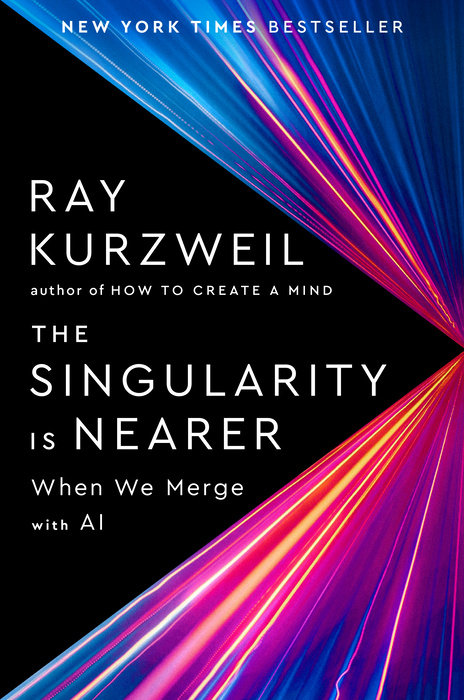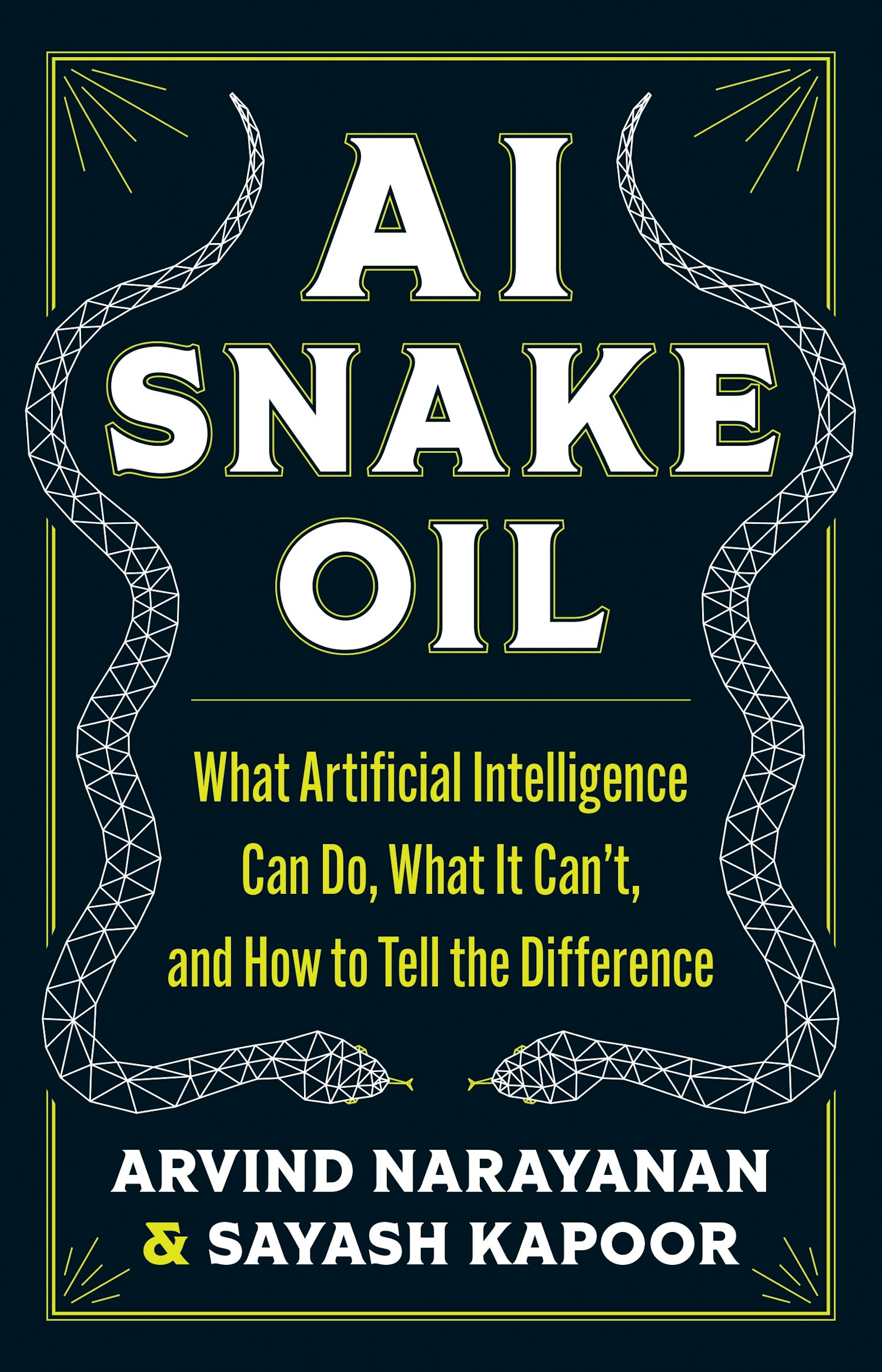Why is the essential promise of technology—the alleviation of drudgery—not enough? Maybe, in the case of AI, because it remains unclear what drudgery it can realistically alleviate. I, along with Narayanan and Kapoor, don’t doubt that machine learning will find positive applications in various industries (including medicine) while the underlying computer science will continue its winding amble forward. (AI is not a hopeless deviant technology like cryptocurrency.) But the promise of artificial intelligence does not provide any reason to believe we are living in “the most exciting and momentous years in all of history,” as Kurzweil puts it.
After reading these books, I began to question whether “hype” is a sufficient term for describing an uncoordinated yet global campaign of obfuscation and manipulation advanced by many Silicon Valley leaders, researchers, and journalists. The public is vulnerable to this campaign, in part, because of the cumulative nature of technological innovation. Understanding products such as ChatGPT, for example, requires a baseline familiarity with the tools and subjects it builds upon (e.g., transformers; neural networks), which are themselves subject to similar requirements (e.g., backpropagation; linear algebra.) In this way, such technologies levy a compounded cognitive cost. At some critical threshold unique to each technology, that burden becomes too great and ordinary people no longer have the time or energy to resist the sort of deception that is the incubator of hype. Paradoxically, the sure sign that a technology has undergone this transition is not widespread disinterest but superficial fascination and wide-eyed utopianism (nuclear fusion and quantum computing are good case studies). Hype appears, then, as a social mechanism through which technology becomes a kind of magic. When the authors of Genesis invoke Arthur C. Clarke—“Any sufficiently advanced technology is indistinguishable from magic”—they, of course, don’t mention that he was describing a nineteenth-century scientist’s first impressions of twentieth-century technology. For them, Clarke’s adage echoes their only real goal: to artificially prolong our childlike enchantment with newfangled toys and tools in order to buy time for the technicians to make good on unearthly promises.



